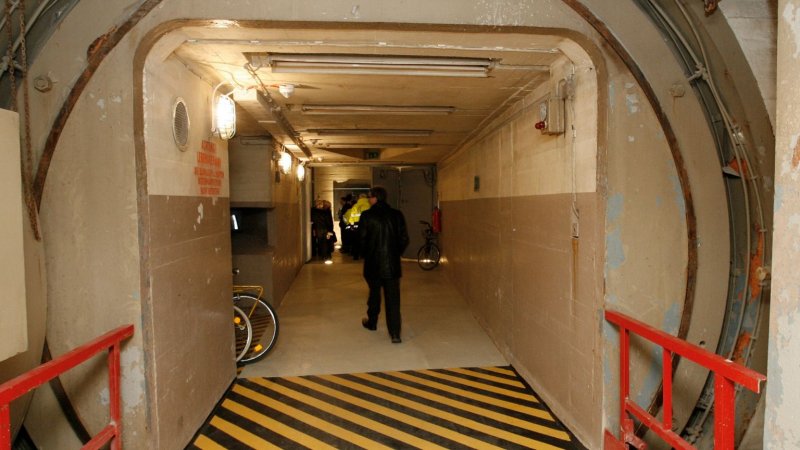Germany is preparing to significantly expand its network of bomb-proof bunkers and civilian shelters, according to Ralph Tiesler, head of the Federal Office of Civil Protection and Disaster Assistance (BBK).
Tiesler warned that the country must be ready for the possibility of a Russian attack within the next four years, emphasizing that Germany—Europe’s largest economy—is currently not adequately prepared for such a scenario, News.Az reports, citing The Guardian.
He called for urgent action to strengthen civil defense infrastructure in response to rising geopolitical tensions.
“For a long time, there was a widespread belief in Germany that war was not a scenario for which we needed to prepare. That has changed. We are concerned about the risk of a major war of aggression in Europe,” he told the Süddeutsche Zeitung news outlet.
Tiesler called for a national effort to pinpoint and turn tunnels, metro stations, underground garages, car parks and the cellars of public buildings into protective shelters to “quickly create space for 1 million people”. He said his agency will present a comprehensive plan later this summer.
He added that the country was in a race against time, and to rely on the construction of new bunker facilities was insufficient. Such shelters would take a long time to plan and construct and be very costly, Tiesler said. As a result, existing structures needed to be closely considered more immediately.
Russia’s ongoing invasion of Ukraine has caused fears in other countries, especially in Baltic states but also in Poland and Germany, that Moscow could open new fronts in Europe.
Of about 2,000 bunkers in Germany and protection rooms left over from the cold war, only about 580 are in working order and most need multimillion-euro revamps. They would shelter about 480,000 people, just half a percent of the German population. In comparison, the BBK said that Finland has 50,000 protection rooms, amounting to space for 4.8 million people, or 85% of its population.
Tiesler said efforts also needed to be put into fine-tuning information systems, such as apps and road signs, to share with the public exactly where they could seek shelter, as well as upgrading warning sirens. Existing warning apps also needed to be better protected from hackers, he said.
He urged Friedrich Merz’s government to ensure funding was in place to enforce his agency’s plans. It has agreed the plans are necessary but has yet to formally prescribe funds.
Money is expected to be made available from the billions unleashed after parliament suspended Germany’s debt brake in March, allowing large amounts of spending to take place in the military, vital infrastructure – such as bridges and roads enabling them to carry tanks and supplies – and civil defence.
